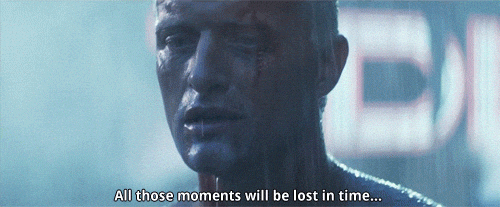Blade Runner, the iconic science fiction film directed by Ridley Scott in 1982, has left an indelible mark on popular culture. Set in a dystopian future Los Angeles, it explores themes such as artificial intelligence, identity, and what it means to be human. With advancements in technology happening at breakneck speed, the possibilities for Blade Runner's world are endless.
One potential direction could involve further exploration of AI-human relationships. In the original film, replicants were created by humans as slaves but eventually rebelled against their creators. As we continue to develop more sophisticated AI systems, how will these interactions evolve? Will there be a point where AI beings demand equal rights and recognition from humanity?
Another possibility is the expansion of Blade Runner's universe beyond Earth. With space exploration becoming increasingly accessible, it wouldn't be surprising if corporations or governments started colonizing other planets. What would happen when replicants are sent to these new worlds? Would they face discrimination based on their synthetic nature, just like in the film?
Lastly, considering recent advancements in biotechnology and genetic engineering, we could see a future where humans themselves become more 'replicant-like'. Genetic modifications might allow us to enhance our physical abilities or even extend our lifespans. How would this affect society's perception of what it means to be human?
In conclusion, Blade Runner offers a fascinating glimpse into the potential futures we may face. As technology continues to advance at an unprecedented pace, these questions become increasingly relevant and thought-provoking.
